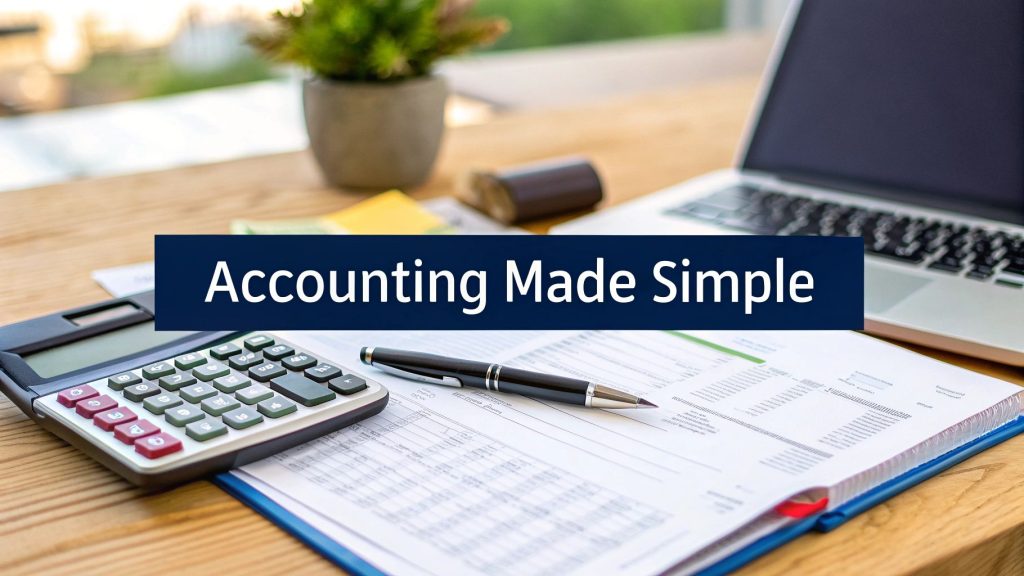How to Protect Your Business with Contracts and Agreements
How to Protect Your Business with Contracts and Agreements – Starting and running a business is exciting, but it also comes with risks. From disputes with customers to misunderstandings with suppliers, a lack of clarity can cost you time, money, and reputation. That’s why contracts and agreements are essential tools for protecting your business.
Many small business owners and startups make the mistake of relying on verbal promises or handshake deals. While these may feel simpler and faster, they rarely hold up when things go wrong. A well-drafted contract sets clear expectations, reduces risk, and provides legal protection.
In this guide, we’ll explain why contracts are vital, the types of agreements your business should use, and practical steps to make sure your contracts truly protect you.

Why Contracts and Agreements Are Crucial for Small Businesses
1. They Provide Legal Protection
A contract is legally binding. If one party fails to uphold their side of the agreement, the other can take legal action. Without a written contract, it’s often one person’s word against another.
2. They Clarify Expectations
Contracts spell out exactly what’s expected from both sides—payment terms, delivery times, quality standards, and responsibilities. This helps avoid misunderstandings that can damage relationships.
3. They Help Build Professionalism
Using formal agreements signals that your business is serious and trustworthy. Customers and partners are more likely to respect and value your services when everything is clearly documented.
4. They Reduce Disputes
Many business disputes arise because of unclear terms. Having everything in writing means both parties know where they stand from day one.
5. They Protect Cash Flow
Contracts can include late payment clauses, deposit requirements, or staged payment terms—helping you maintain healthy cash flow and reducing the risk of bad debts.
Key Contracts and Agreements Every Business Should Have
Not every small business needs the same contracts, but there are some essential agreements that apply across most industries.
1. Client or Customer Contracts
If you provide goods or services, always have a contract with your customers. This might be called a service agreement, sales contract, or terms of business.
It should cover:
-
The scope of work or product description
-
Delivery deadlines
-
Payment terms
-
Warranties or guarantees
-
Cancellation and refund policies
💡 Pro Tip: Even simple jobs should be backed by a contract. A short, clear document is better than no contract at all.
2. Employment Contracts
If you hire staff, you are legally required to provide employees with a written statement of their terms and conditions.
An employment contract should include:
-
Job role and responsibilities
-
Salary and benefits
-
Working hours and holiday entitlement
-
Notice periods
-
Confidentiality clauses
For freelancers or contractors, you’ll need contractor agreements that outline the project, payment terms, and intellectual property rights.
3. Partnership Agreements
If you run your business with someone else, a partnership agreement is vital. Without one, disputes over profit sharing, responsibilities, or exit terms can destroy the business.
A partnership agreement should include:
-
Ownership shares
-
Profit and loss distribution
-
Decision-making rules
-
Exit and succession planning
-
Conflict resolution methods
4. Shareholders’ Agreements
For limited companies with multiple shareholders, a shareholders’ agreement helps prevent disagreements.
It should set out:
-
Shareholder rights and responsibilities
-
Dividend policies
-
Voting rights
-
Rules for selling or transferring shares
-
Procedures if a shareholder leaves

5. Supplier and Vendor Contracts
Whether you rely on manufacturers, wholesalers, or service providers, supplier agreements are essential.
They should cover:
-
Prices and payment terms
-
Delivery schedules
-
Quality standards
-
Liability for delays or defects
-
Termination clauses

6. Non-Disclosure Agreements (NDAs)
An NDA protects sensitive information when sharing ideas with potential partners, employees, or investors.
It should cover:
-
What information is confidential
-
Who can access it
-
How long confidentiality lasts
-
Penalties for breaches
7. Website Terms and Privacy Policies
If your business has a website, you need terms and conditions and a privacy policy. These protect you from liability and ensure compliance with data protection laws like GDPR.
Your website policies should explain:
-
How user data is collected and used
-
Refund and delivery terms (for e-commerce)
-
Intellectual property ownership of content
-
Rules for website use

8. Loan and Investment Agreements
If you borrow money from investors, banks, or even family and friends, always put the terms in writing.
A good agreement should state:
-
The amount loaned or invested
-
Repayment terms
-
Interest rates (if applicable)
-
Ownership or equity rights (for investors)
-
Exit conditions
Common Mistakes Startups Make with Contracts
-
Not using contracts at all. Verbal agreements are risky and hard to enforce.
-
Copying contracts from the internet. Generic templates may not fit your business or UK law.
-
Not reading the small print. Always check terms before signing supplier or customer agreements.
-
Failing to update contracts. Laws and business needs change—review agreements regularly.
-
Not seeking legal advice. Spending a little now can save thousands later.
How to Make Sure Your Contracts Protect You
-
Keep It Clear and Simple – Avoid jargon. Contracts should be easy for all parties to understand.
-
Cover Key Details – Include names, dates, obligations, payment terms, and dispute resolution.
-
Plan for Worst-Case Scenarios – What happens if a customer doesn’t pay, or a partner wants to leave?
-
Make It Legally Compliant – Ensure contracts follow UK law and relevant industry regulations.
-
Get Professional Help – A solicitor can draft or review your agreements to make sure they’re watertight.
The Benefits of Well-Written Business Contracts
-
Peace of mind: Knowing you’re legally protected reduces stress.
-
Fewer disputes: Clear terms prevent misunderstandings.
-
Better relationships: Professional contracts show respect for clients and partners.
-
Business growth: Investors and lenders feel more confident supporting well-structured businesses.
Examples of Business Protection Through Contracts
-
A startup web design agency avoided losing thousands when a client cancelled mid-project because their contract required a non-refundable deposit.
-
A small café secured lower supplier prices by locking in terms for two years in a vendor contract, shielding them from sudden cost hikes.
-
A tech startup protected its software idea with an NDA, preventing a competitor from copying their model before launch.
Practical Steps for Startups to Get Started
-
List Your Risks – Identify areas where you need protection (employees, customers, suppliers).
-
Prioritise Contracts – Start with the agreements most critical to your operations.
-
Use Templates Wisely – Free templates can be a good starting point but customise them.
-
Review Regularly – As your business grows, update your contracts.
-
Seek Legal Advice When Needed – Especially for complex agreements like shareholder or partnership contracts.
How to Protect Your Business with Contracts Conclusion
Protecting your business isn’t just about insurance or security—it’s also about having the right contracts and agreements in place. For small businesses and startups, contracts provide clarity, professionalism, and legal safeguards that can make the difference between success and failure.
By investing time in creating strong agreements, you’ll minimise risk, build stronger relationships, and set your business on a stable foundation for growth.
















































